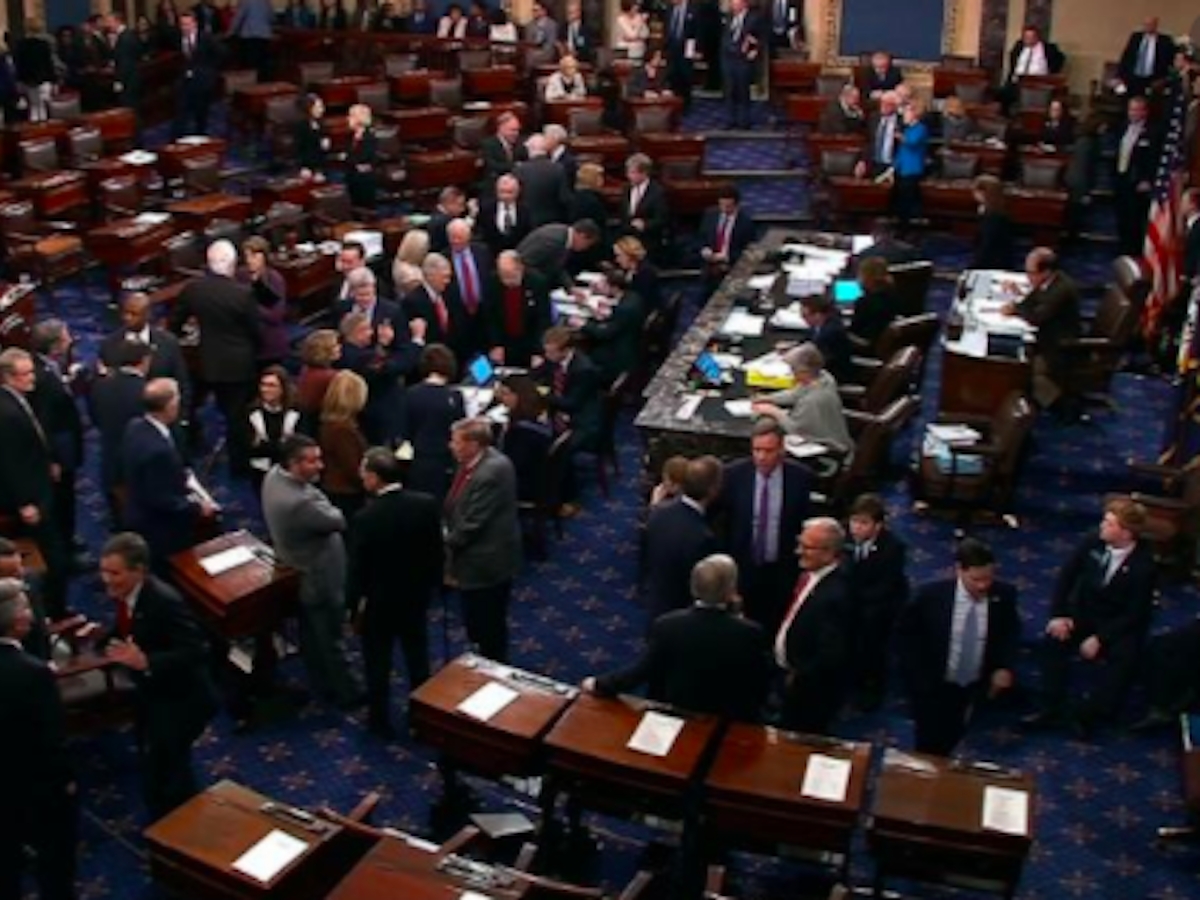The stimulus deal was the product of a marathon set of negotiations among Senate Republicans, Democrats and the White House that had stalled as Democrats insisted on stronger worker protections and oversight of a $500 billion fund to bail out distressed businesses. The aim of the legislation is to deliver critical financial support to businesses forced to shut their doors and relief to American families and hospitals reeling from the rapid spread of the disease and the resulting economic disruption. A Democratic aide familiar with the proposal said that it would expand unemployment benefits by $600 per week for four months, in addition to what states would provide as base salary compensation. For the average worker, adding the $600 per week would amount to 100 percent of wages and $100 billion dollars in funding for hospitals.
After complaints from Democrats, a $500 billion fund will now have far stricter oversight, in the form of an inspector general and a 5-person panel appointed by Congress, lawmakers said. Companies that accept money must also agree to halt any stock buybacks for the length of the government assistance, plus an additional year. Companies that accept money must also agree to halt any stock buybacks for the length of the government assistance, plus an additional year. Democrats also secured a provision that will block Trump family businesses — or those of other senior government officials — from receiving loan money under the programs
The agreement also includes $350 billion that would establish lending programs for small businesses, but only for those who keep their payrolls steady through the crisis. If the employer continued to pay its workers for the duration of the crisis, those loans would be forgiven.
Congress Reaches $2 Trillion Aid Deal
Tools
Typography
- Smaller Small Medium Big Bigger
- Default Helvetica Segoe Georgia Times
- Reading Mode
